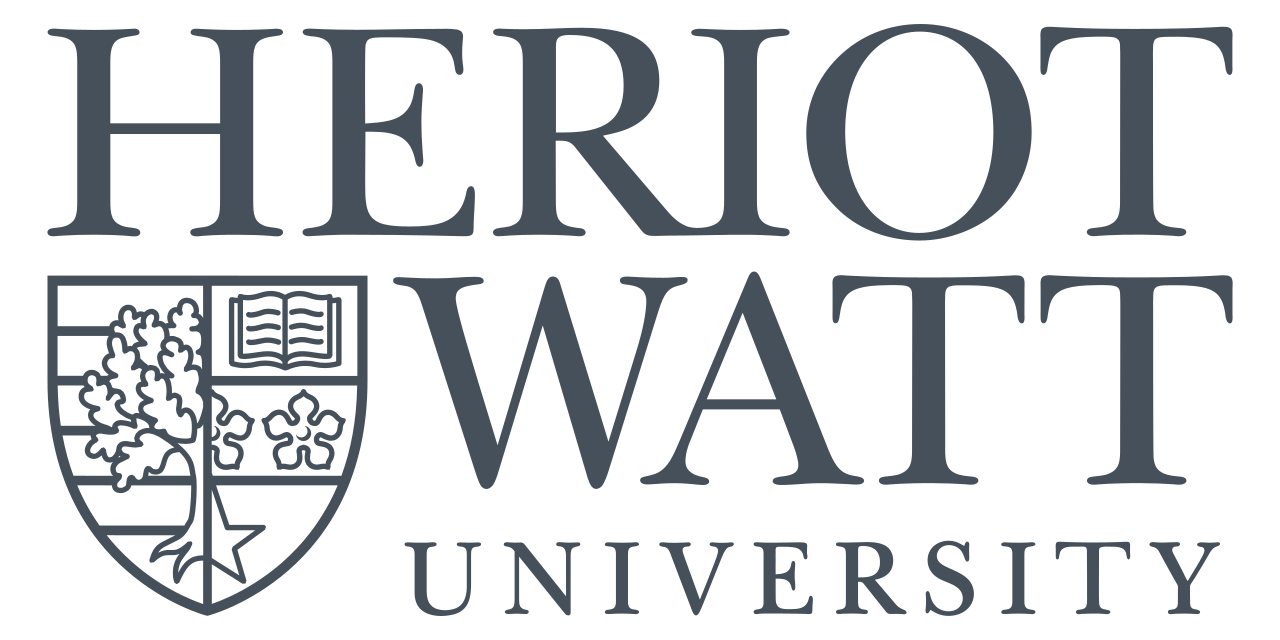Titles
Arkani-Hamed: Fundamental Physics and Positive Geometries at Infinity
Witten: Introduction to Black Hole Thermodynamics
Registration has now closed.
Participants were sent an email with the webinar link on Friday 15 August.
The ICMS Meetings for Peace report on advances in science and provide occasion to reflect on the scientific heritage of humanity. By way of scholarly discourse, we advertise to the public and remind ourselves that scientists from all regions have many more vital goals in common than political differences. Minhyong Kim, who will be chairing this meeting, can be contacted with queries about this or other ICMS events.
The event will take place online as a Zoom webinar starting at 10.00 in Princeton, 15.00 Edinburgh; 17.00 Jerusalem; and 17.30 in Tehran, lasting approximately 2.5 hours.
Speaker Biographies (mostly from Wikipedia)
Edward Witten is an American theoretical physicist known for his contributions to string theory, topological quantum field theory, and various areas of mathematics. He is professor emeritus in the school of natural sciences at the Institute for Advanced Study in Princeton. Witten’s investigations in string theory, quantum gravity, supersymmetric quantum field theories, and numerous other areas have completely revolutionised the conceptual landscape of theoretical physics over the last several decades. Witten’s work has also significantly impacted many areas of mathematics. In 1990, he became the first physicist to be awarded a Fields Medal by the International Mathematical Union for his mathematical insights in physics and physical insights in mathematics, such as his 1981 proof of the positive energy theorem in general relativity, and his interpretation of the Jones invariants of knots as Feynman integrals.
Witten was born in Baltimore, Maryland, He is the son of Lorraine Witten and Louis Witten, a theoretical physicist specialising in gravitation and general relativity. Witten attended the Park School of Baltimore, and received his Bachelor of Arts degree with a major in history and minor in linguistics from Brandeis University in 1971. He had aspirations in journalism and politics and published articles in both The New Republic and The Nation in the late 1960s. In 1972, he worked for six months on George McGovern’s presidential campaign. Witten attended the University of Michigan for one semester as an economics graduate student before dropping out. He returned to academia in 1973, enrolling in the applied mathematics programme at Princeton University. He then shifted departments and received a PhD in physics in 1976. He was on the faculty of the School of Natural Sciences at the Institute for Advanced Study from 1987 to 2022.
Witten sits on the board of directors of Americans for Peace Now and on the advisory council of J Street.
Nima Arkani-Hamed (Persian: نیما ارکانی حامد) is an Iranian-American-Canadian theoretical physicist, with interests in high-energy physics, quantum field theory, string theory, cosmology, and collider physics. Arkani-Hamed is on the faculty of the Institute for Advanced Study in Princeton, New Jersey. He is director of the Carl P. Feinberg Cross-Disciplinary Program in Innovation at the Institute and director of The Center for Future High Energy Physics in Beijing, China.
Arkani-Hamed’s parents, Jafargholi Arkani-Hamed and Hamideh Alasti are both physicists from Iran. His father, a native of Tabriz, had worked for the Apollo program in the early 1970s, was chairman of the physics department at Sharif University of Technology in Tehran, and later taught earth and planetary sciences at McGill University in Montreal. Arkani-Hamed was born in Houston and spent the early years of his life between Iran and the United States.
Following the 1979 Islamic Revolution, Arkani-Hamed’s family decided to return to Iran, as the new Iranian government promised free expression and possibilities. However, the Cultural Revolution, which followed shortly after, resulted in Iran’s universities being forcefully shut down. Arkani-Hamed’a father, who at the time worked at Sharif University in Tehran, wrote a petition with his colleagues denouncing the closures. He and his colleagues were subsequently blacklisted by the new government, many being subsequently either imprisoned or hanged. He had to go underground, then spent his entire life-savings to get himself and his family out of the country. Nima Arkani-Hamed, who was 10-years old at the time, fled with his family to Canada.
Arkani-Hamed graduated from the University of Toronto with a joint honours degree in mathematics and physics in 1993 and went to the University of California, Berkeley, for his graduate studies. Since 2008, he has been a professor in the School of Natural Sciences at the Institute for Advanced Study. A recipient of numerous honours, he was an inaugural awardee of the Breakthrough Prize in Fundamental Physics.










